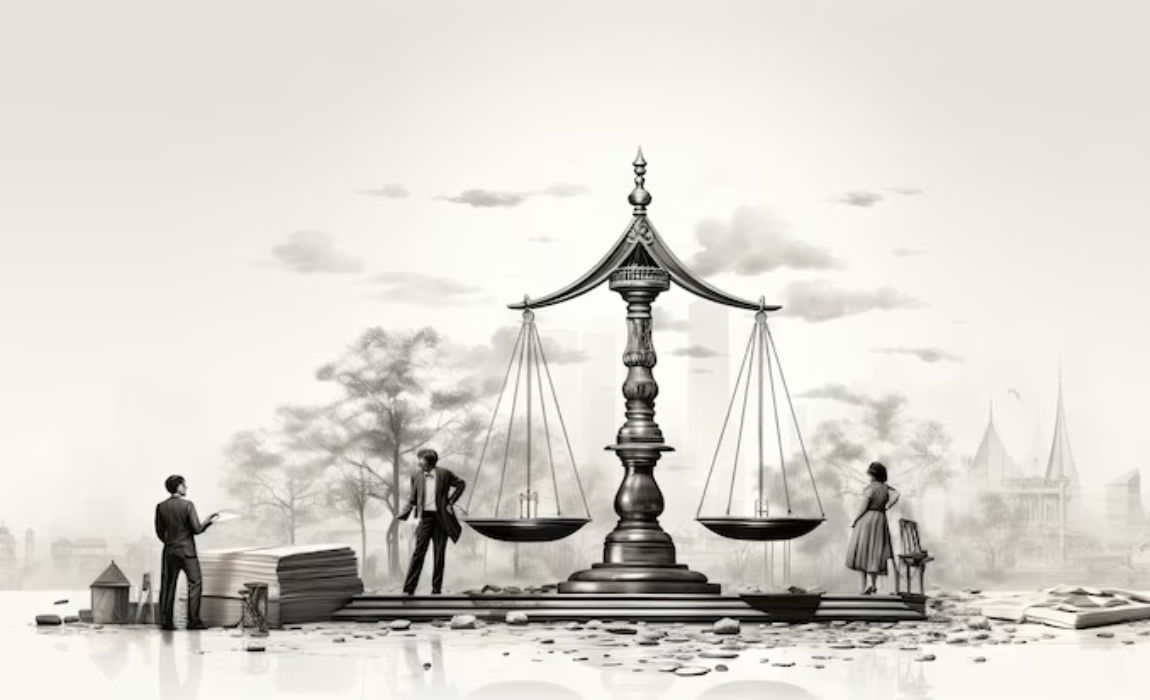
Waqf (Amendment) Act, 2025: Towards Inclusive and Transparent Religious Property Management
The passage of the Waqf (Amendment) Act, 2025 by Parliament is a welcome move towards correcting decades of mismanagement, opacity, and exclusion in the administration of waqf properties in India. At a time when public institutions are being called upon to uphold the values of inclusion and transparency, this amendment sets an important precedent in the realm of religious and charitable trusts.
India’s waqf system governs thousands of properties across the country — mosques, dargahs, graveyards, schools, and commercial establishments — many of which were endowed centuries ago for the welfare of the community. Yet, the management of these assets has for long remained shrouded in allegations of corruption, encroachment, and a glaring lack of representation, especially of women and
minority sects within the Muslim community.
The 2025 Amendment boldly confronts these gaps. Among its most notable features is the mandated inclusion of women, with a provision that at least one-third of the members of State Waqf Boards be women. This move is more than symbolic — it is a long-overdue recognition of women as stakeholders in religious and community affairs. For decades, women have remained invisible in the management of waqf properties, even as many of the social services funded through waqf — education, healthcare, housing — directly impact them. Bringing women to the table is likely to introduce fresh priorities and perspectives in waqf decision-making.
Another landmark provision is the requirement of sectarian inclusivity. The amended law provides for proportional representation of Sunni and Shia members on State Waqf Boards. This addresses a persistent complaint that Shia waqf properties have been either mismanaged or ignored under predominantly Sunni boards, particularly in states like Uttar Pradesh and Bihar. By institutionalizing representation based on the nature of waqf endowments, the Act ensures that governance becomes more reflective of internal diversity within the Muslim community.
Equally important is the push for digital transparency. The amendment mandates the digitization of waqf records, the geo-tagging of waqf properties, and the creation of a public online portal where citizens can access waqf data. In a country where public lands are routinely grabbed and legal battles over property rights drag on for years, this is a game-changing step. It not only helps curb encroachments but also empowers community members to act as watchdogs.
To further institutionalize accountability, the Act introduces the post of a Waqf Ombudsman in each state — an independent authority empowered to investigate mismanagement and corruption in waqf boards. This is a critical intervention, given the recurring instances of waqf land being leased or sold illegally, often with political or bureaucratic complicity.
Another encouraging feature is the formation of district-level advisory committees comprising local stakeholders, NGOs, and legal professionals. This decentralization brings decision-making closer to the community and creates space for participatory governance, a principle sorely lacking in the old waqf system.
Of course, the real test lies in implementation. State governments must move swiftly to reconstitute waqf boards in accordance with the new law, ensure fair nominations, and prioritize digitization efforts. The Central Waqf Council must play a proactive role in monitoring compliance, training board members, and facilitating capacity building.
In the broader picture, the Waqf (Amendment) Act, 2025 redefines the purpose of religious endowments in modern India — from being opaque feudal relics to becoming instruments of inclusive community development. It recognizes that trust property, created in the name of public welfare, must operate with the same principles of equity, efficiency, and accountability
that we expect from any public institution.
This reform is not merely a bureaucratic adjustment. It is a democratic reaffirmation that faith based institutions too must evolve — and evolve in a direction that is inclusive, just, and responsive to the needs of all.
